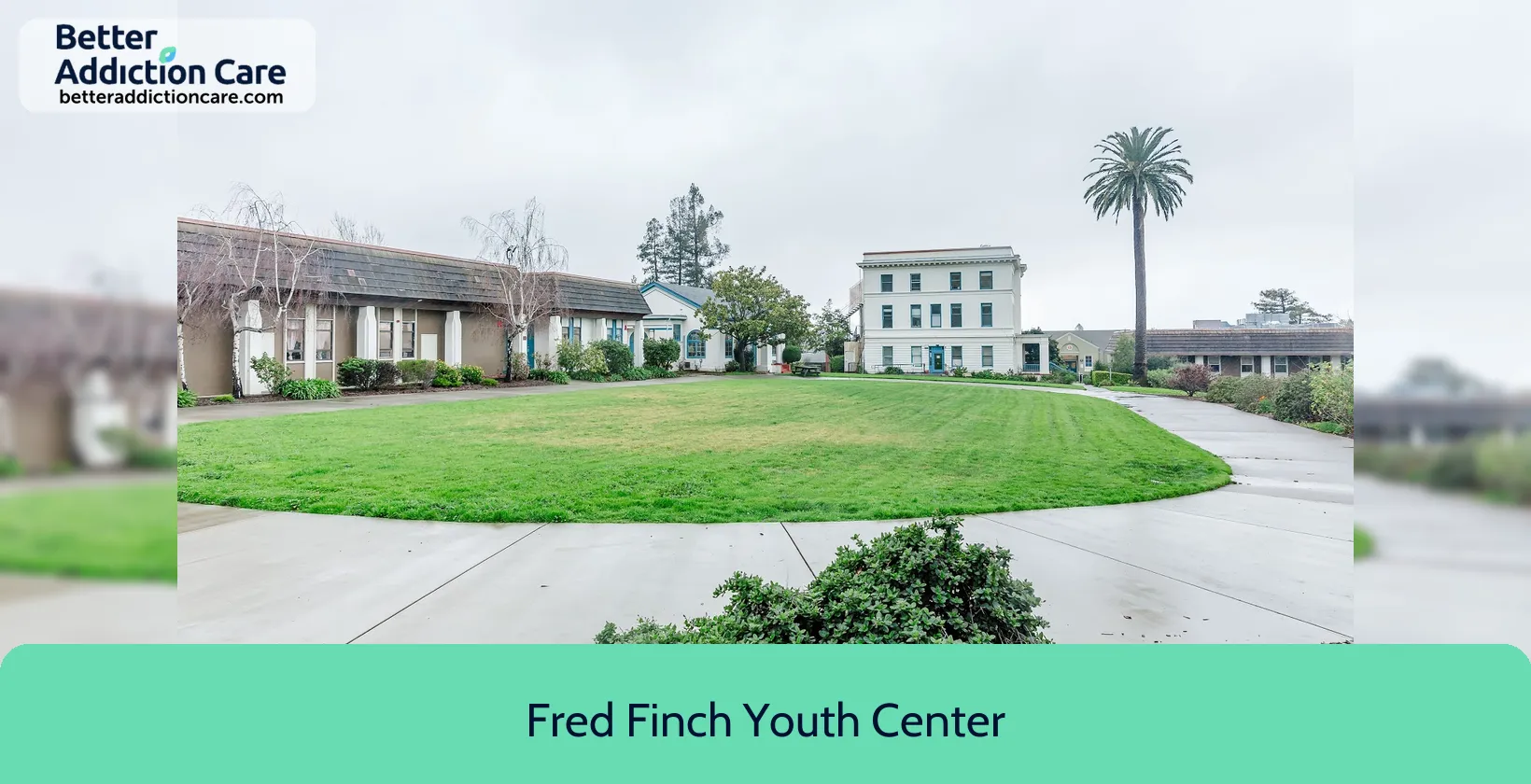Fred Finch Youth Center - Dual Diagnosis

Overview
Fred Finch Youth Center - Dual Diagnosis is an substance abuse treatment center that provides inpatient treatment for men and women from 16+ years of age. As part of their special programs, Fred Finch Youth Center - Dual Diagnosis treats children/adolescents with serious emotional disturbance (sed) and clients who have experienced trauma. To help patients achieve sobriety, Fred Finch Youth Center - Dual Diagnosis provides intake assessments. Afterward, patients receive family counseling, individual psychotherapy, and cognitive behavioral therapy during treatment. Fred Finch Youth Center - Dual Diagnosis is located in Lemon Grove, California, providing treatment for people in San Diego County, accepting medicaid and cash or self-payment.
Fred Finch Youth Center - Dual Diagnosis at a Glance
Payment Options
- Medicaid
- Cash or self-payment
Assessments
- Comprehensive mental health assessment
- Comprehensive substance use assessment
Age Groups
- Children/adolescents
Operation
- Private for-profit organization
Highlights About Fred Finch Youth Center - Dual Diagnosis
6.71/10
With an overall rating of 6.71/10, this facility has following balanced range of services. Alcohol Rehabilitation: 8.00/10, Drug Rehab and Detox: 6.00/10, Insurance and Payments: 6.00/10, Treatment Options: 6.85/10.-
Alcohol Rehabilitation 8.00
-
Treatment Options 6.85
-
Drug Rehab and Detox 6.00
-
Insurance and Payments 6.00
Treatment At Fred Finch Youth Center - Dual Diagnosis
Treatment Conditions
- Mental health treatment
- Substance use treatment
- Co-occurring Disorders
Care Levels
- Hospital inpatient treatment
Treatment Modalities
- Family counseling
- Individual psychotherapy
- Cognitive Behavioral Therapy
- Group counseling
- Experiential Therapy
Ancillary Services
Languages
- Spanish
Special Programs
- Children/adolescents with serious emotional disturbance (SED)
- Clients who have experienced trauma

Additional Locations
Contact Information
Read our Most Recent Article About Drug Addiction
DISCLAIMER: The facility name, logo and brand are the property and registered trademarks of Fred Finch Youth Center - Dual Diagnosis, and are being used for identification and informational purposes only. Use of these names, logos and brands shall not imply endorsement. BetterAddictionCare.com is not affiliated with or sponsored by Fred Finch Youth Center - Dual Diagnosis.









